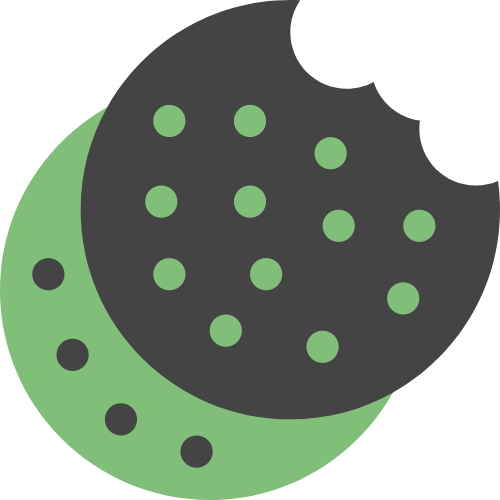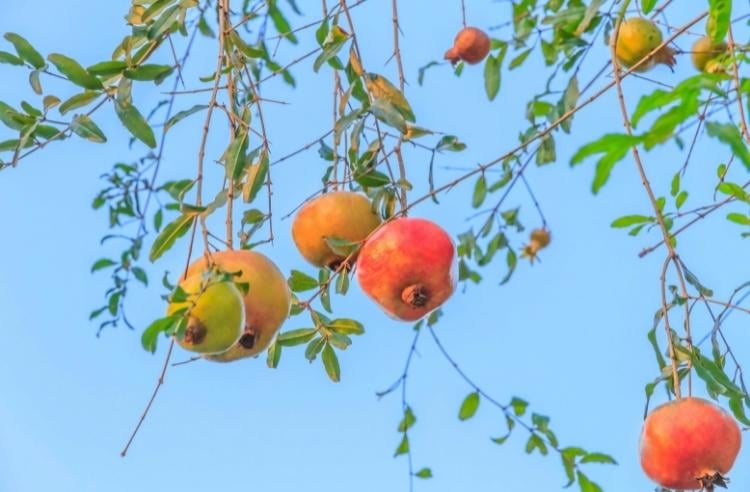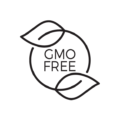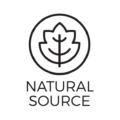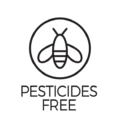
- Functional Food for your Genes
-
by k.mammasis
Increasing iron intake can enhance overall health and help prevent iron deficiency anemia. The synthesis of hormones, the creation of energy, growth, and other essential bodily functions all require iron. Functional foods high in iron support a stronger immune system, enhance muscle strength, improve cognitive performance, and support a healthier pregnancy.
Hemoglobin contains about 65% of the body’s total iron 1. Red blood cells include a protein called hemoglobin, which is in charge of carrying oxygen to the cells. Myoglobin, a protein found in muscle tissue, contains smaller levels of iron. Myoglobin gives energy and oxygen to the muscles during physical exertion.
At MILESTONE, we research and develop the most natural and effective functional foods with iron in them. However, we stand out for the synergistic actions of our formulas. If you want to read more on the most frequently asked questions on foods with iron, then we encourage you to go through our recent article.
Health Benefits of Foods Rich in Iron
Iron’s health advantages are sometimes disregarded unless there is a mineral deficiency. The following are only a handful of the numerous health advantages of eating the previously stated foods:
- Stronger Immune System
- Improved Muscle Strength
- Improved Cognitive Function
- Healthier Pregnancy
- Better Athletic Performance
Symptoms of iron deficiency
Even before a person develops anemia, they may have iron deficiency symptoms, which include 2:
- fatigue
- dizziness
- pale skin color
- hair loss
- irritability
- weakness
- restless leg syndrome
- brittle or grooved nails
Anyone who experiences any of these symptoms should see a doctor.
Increased Immunity
Red blood cells help to repair damaged cells and tissues, which boosts the body’s defense mechanisms as iron encourages their creation. The mineral helps the body fight off a number of infections and disorders when it is present in the proper amounts.
The immune system of the body will be significantly strengthened by consuming the recommended amount of iron on a daily basis.
Enhancing Muscle Strength
Iron deficiency and muscle weakness are tightly related. Getting enough iron from your diet can aid to supply the oxygen needed for muscle contraction.
Muscle weariness is more likely when there is a low intake of iron.
Its lack can also result in muscular tissue inflammation, which heightens pain levels. As a result, increasing this mineral’s intake can lessen discomfort.
Enhanced Cognitive Performance
The enhanced brain function is one of the many advantages of iron intake. The brain uses about 20% of the blood oxygen, and this oxygen supply is made possible by it. Thus, the health and activities of the brain are directly impacted by the mineral’s ingestion.
Iron consumption is essential for maintaining healthy brain function because proper blood flow in the brain boosts mental activity and guards against cognitive problems.
Better Pregnancy Health
The fetus must receive an adequate amount of nutrients and oxygen to support its growth. The body needs more iron when in pregnancy, which increases the overall recommended daily intake. The synthesis of red blood cells and blood volume are both increased when you consume foods that are rich in this mineral.
The body of a pregnant woman will actively enhance iron absorption. However, it can result in a deficiency for a variety of causes, including things like not eating enough foods high in iron.
Premature birth or low birth weight are more likely with lower mineral levels. The newborn child’s behavioral or cognitive development may be hampered at the same time. Pregnant women should take in enough iron to maintain their own and their unborn children’s health.
Higher Level of Athletic Performance
Even when compared to people who don’t lead active lives, athletes—especially women—are more likely to get iron shortage.
A lack of it affects your performance and makes you more susceptible to many illnesses, so it’s not a good sign.
Additionally, you won’t be able to push your body to its limits during moments of physical effort. Hemoglobin is insufficient to deliver oxygen to your muscles. You must consume more iron-rich foods than usual if you are engaged in long-distance running or other endurance sports.
5 Foods High in Iron You Should Eat
Improve your overall iron intake by including more iron-rich foods in your diet. The following foods can support you in doing this naturally:
- Molasses (Pomegranate Mollasa is a great example)
- Fruits
- Whole Grains
- Fortified Breakfast Cereals
- Leafy Greens (spinach, kale, seaweed, broccoli, asparagus, parsley) 3
- Legumes 4
- Red Meat ((FoodData Central))
- Pumpkin Seeds 5
Our Synergistic Functional Foods with Iron
At MILESTONE® we offer you the best natural and synergistic functional foods for iron in the world, that also contain Potassium; another great mineral to look for. Dive into our new functional food with iron category and explore our products
Alternatively, you can consider our Pomegranate Concentrate with Vegan Vitamin B12 + Iron mood & energy food. Vitamin B12 and Iron play a crucial role in energy production and metabolism. A lack of this essential vitamin can result in tiredness and irritability. Improve your mood and energy by supplementing with this product. You want to know more why our formula is truly the best you can have? Then, we would encourage you to read our article that explains how the pomegranate increases iron absorption.
Summary
In this article, In this article, we dive into the most effective foods high in iron. Foods with iron are a new category of foods that specifically target iron deficiencies. On top of that, you get to taste an amazingly sweet and tart taste from the purest pomegranate concentrate in the world. Our functional formulas may safeguard your heart health, boost cognitive performance, and reduce the risk of developing various chronic diseases.
A Word From MILESTONE®
MILESTONE® Food for your Genes uses only high-quality sources, including peer-reviewed studies, to support the facts within our articles. Read our editorial process to learn more about how we fact-check and keep our content accurate, reliable, and trustworthy.
- NHS[↩]
- Camaschella C. Iron deficiency: new insights into diagnosis and treatment. Hematology Am Soc Hematol Educ Program. 2015;2015:8-13. doi: 10.1182/asheducation-2015.1.8. PMID: 26637694.[↩]
- Monsen ER. Iron nutrition and absorption: dietary factors which impact iron bioavailability. J Am Diet Assoc. 1988 Jul;88(7):786-90. PMID: 3290310.[↩]
- FoodData Central[↩]
- Naghii MR, Mofid M. Impact of daily consumption of iron fortified ready-to-eat cereal and pumpkin seed kernels (Cucurbita pepo) on serum iron in adult women. Biofactors. 2007;30(1):19-26. doi: 10.1002/biof.5520300103. PMID: 18198398.[↩]
